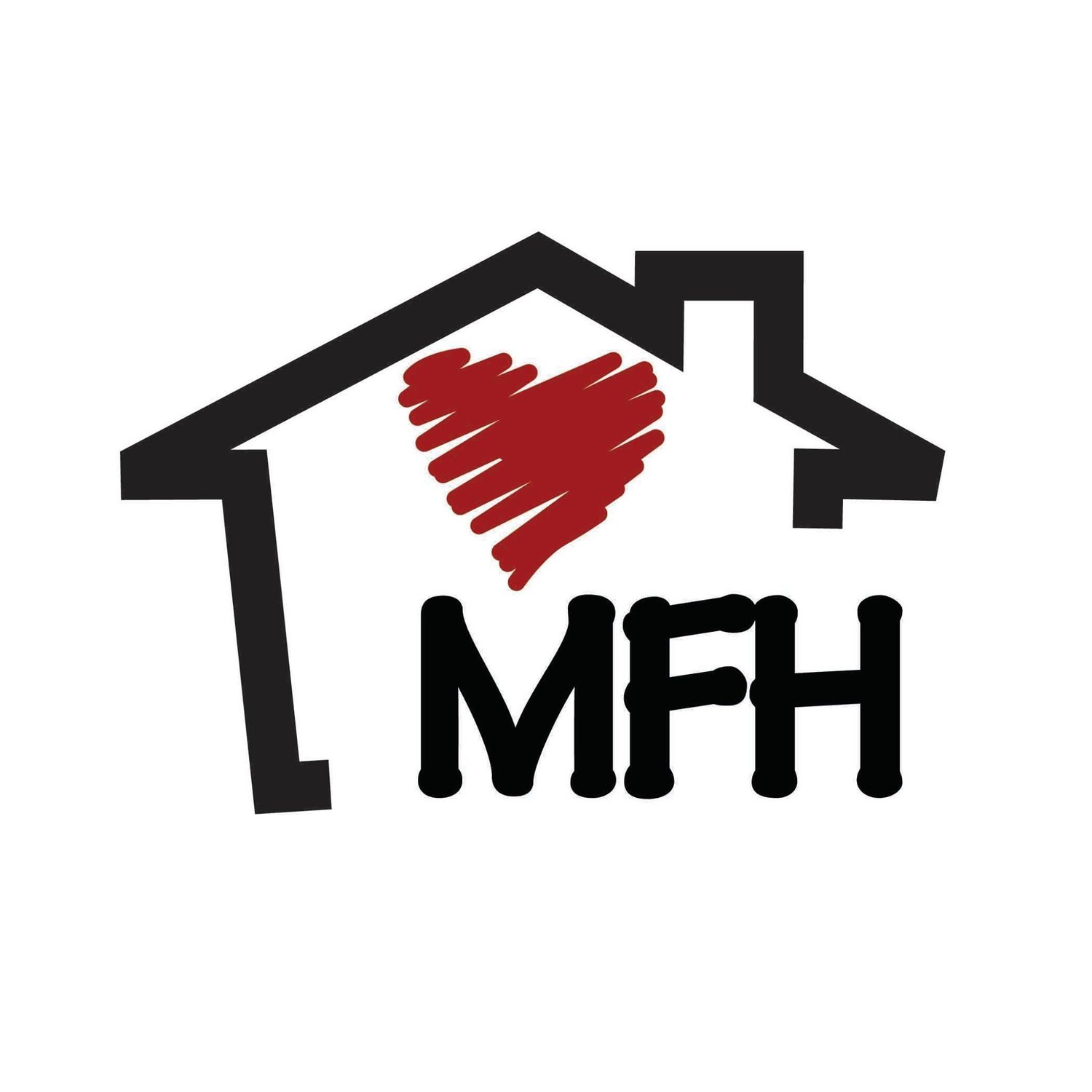Our Programs
Transitional Housing
This facility-based transitional housing program is funded by a federal grant from the Department of Housing and Urban Development (HUD). Transitional housing allows our residential guests to stay for up to 2 years in housing as they make strides to improve their circumstances and viability for interdependent, responsible living within our community.
Our residents are given a room in which to live along with shared, private showers. The rooms were remodeled with an emphasis on decor more consistent with a home than an institutional setting. Services are provided on site and off site through partnering organizations.
Our facility provides housing to individual women 18 years and older, younger emancipated women and families who are experiencing homelessness. Applicants must be experiencing homelessness in Miami or Linn counties in Kansas.
An application must be completed and eligibility determined before entering the transitional housing program. Eligibility is, in part, determined by the definition of homelessness adopted by the Department of Housing and Urban Development.
To begin the application process, contact us at (913) 294-3600.
Supportive Services
Supportive Services include the opportunities offered to our residents that help them to recover and grow in knowledge and ability so as to be better equipped to maintain permanent housing.
Community Counseling Center
Our counseling program is designed to be a convenient, low-cost alternative to other counseling offered in our area. Often counseling services may be sponsored and cost the client nothing if they qualify. Counselors are supplied by the MidAmerica Nazarene University Masters of Counseling program. Counselors come freshly trained and eager to serve. We get lots of positive feedback from this program. This service is available to our entire community.
Life Skills
Life skill classes are provided with personal advancement in mind. Classes are offered on issues such as personal finance, relationship skills, job seeking and job performance skills, time management, home and vehicular maintenance and more.
Case Management
Case management is provided for all residents. The case manager is an advocate, encourager, mentor and accountability partner to the residents. The case manger helps residents develop a plan for success. They help clients stay on task by meeting regularly with them and helping them overcome obstacles in progress.
Medical Clinic
Our medical clinic exists to address basic health care issues for for our residents. The clinic is staffed by a part-time nurse. The clinic can only address a limited number of issues. We are always seeking additional low cost care and/or prescription resources.
Support & Recovery Groups
These groups are either peer-led or facilitator-led groups that meet to address a common issue. Thriving in a Step Family Group, Drugs and Alcohol Addiction Group, Anger Management Group, Depression and Bi-Polar Disorder Group, Obsessive-Compulsive Disorder Group and Kids Relational Skills Group are all examples of the types of groups offered.
Frequently Asked Questions
Service Area
Q: I am homeless in Johnson County. Can you help me?
A: We are funded by a US Department of Housing and Urban Development (HUD) grant. The grant requires that we serve those who are currently homeless in Linn and Miami counties in Kansas, only. We do have other services available and are always happy to make referrals to appropriate services. Please contact us at (913) 294-3600 with any questions.
Length of Stay
Q: How long can I stay in the program?
A: We operate a transitional housing program where residents can participate up to 2 years if needed.
Signing Up
Q: How do I sign up for transitional housing?
A: An application must be completed and eligibility determined before entering the transitional housing program. Eligibility is, in part, determined by the definition of homelessness adopted by the Department of Housing and Urban Development.
To begin the application process, call us at (913) 294-3600 or complete the form on the Contact Us page.
Some Differences Between Rural and Urban Homeless Populations
Often pride, fueled by a difficulty in accessing services with any level of anonymity, will keep the underserved from seeking help.
Although they are often eligible for services available in urban areas, most often those who are experiencing homelessness refuse to enter the culture of the inner city to access services. Their perception may be that there are dangers that they cannot cope with.
Unlike the urban homeless, the rural homeless usually don’t have places that they gather to receive services such as soup kitchens and emergency shelters, therefore they are much more hidden from their community.
With little or no local services, law enforcement are sometimes forced to ask the homeless to move on to a different area. The homeless in many rural areas represent a challenge with no good solution. Many more resources are needed to begin to address their needs.
